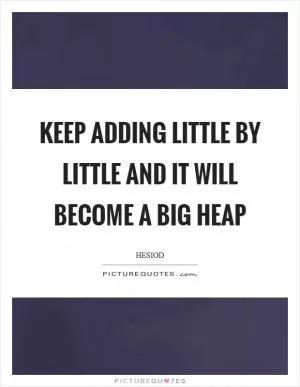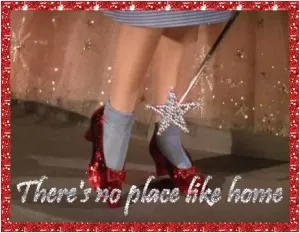A day is sometimes our mother, sometimes our stepmother

A day is sometimes our mother, sometimes our stepmother
The saying "A day is sometimes our mother, sometimes our stepmother" holds a deep and profound meaning when viewed through the lens of the relationship between a stepmother and her stepchild. In many cultures and societies, the role of a stepmother is often portrayed as one of conflict, tension, and misunderstanding. This can be attributed to various factors such as societal norms, family dynamics, and personal experiences.A stepmother is often seen as an outsider, someone who enters a family unit that is already established and tries to find her place within it. This can create feelings of resentment, jealousy, and insecurity among both the stepmother and the stepchild. The stepmother may feel like she is constantly walking on eggshells, trying to navigate the delicate balance between being a supportive figure in the child's life while also respecting the boundaries set by the biological mother.
On the other hand, the stepchild may feel a sense of loyalty and allegiance to their biological mother, which can make it difficult for them to accept and embrace their stepmother. They may view her as a threat to their relationship with their biological parent, leading to feelings of rejection and abandonment.
However, despite the challenges and obstacles that may arise in the relationship between a stepmother and her stepchild, there is also the potential for growth, understanding, and love. Just as a day can be both nurturing and challenging, so too can the relationship between a stepmother and her stepchild. With time, patience, and open communication, they can learn to appreciate and respect each other's perspectives, creating a bond that is based on mutual trust and support.












 Friendship Quotes
Friendship Quotes Love Quotes
Love Quotes Life Quotes
Life Quotes Funny Quotes
Funny Quotes Motivational Quotes
Motivational Quotes Inspirational Quotes
Inspirational Quotes